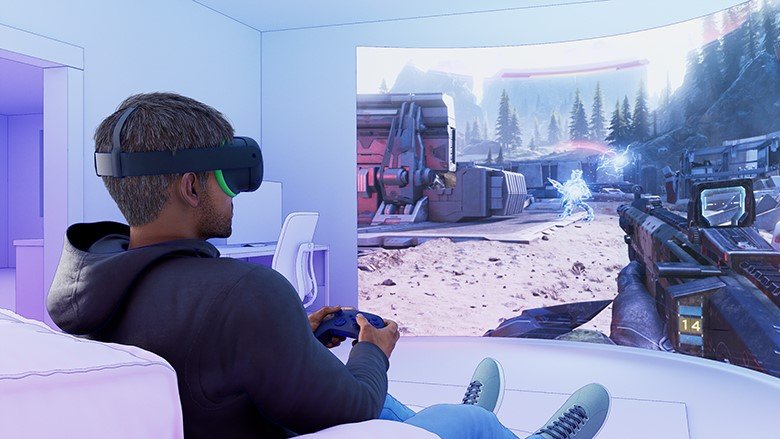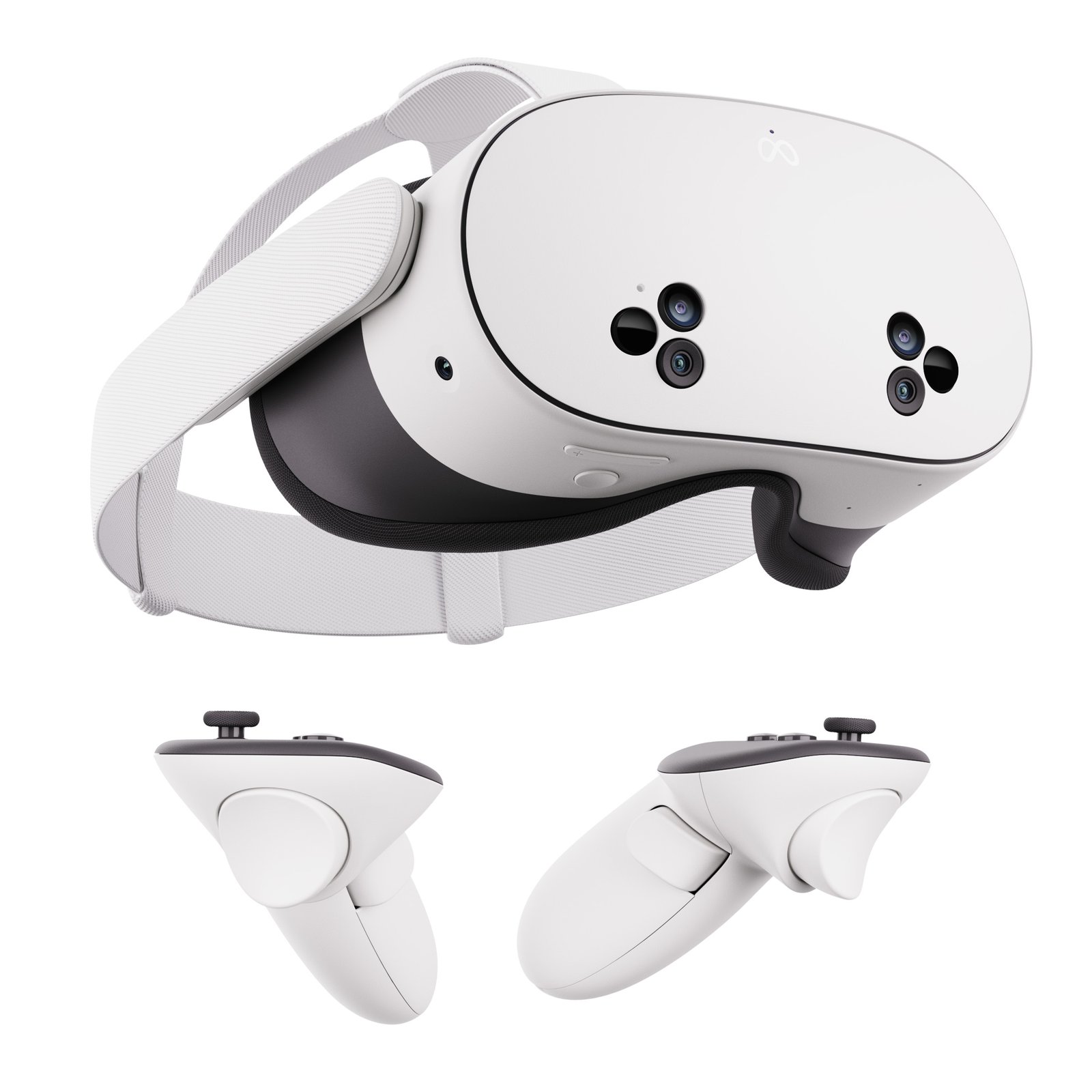Meta Connect 2024 featured an exciting lineup that included the budget Quest 3S headset, AI features, new VR games, and a prototype of AR glasses. However, we were disappointed when third-party Meta Horizon OS headsets did not make an appearance on stage. Mark Rabkin, Meta VP of MR/VR, shed light on this absence when we asked him about it.
Despite leaks and hints from Meta itself, the Meta Quest 3S and Meta Orion AR glasses were expected to be unveiled at Meta Connect 2024. The event preview had promised these long-awaited reveals. Additionally, we anticipated the presence of non-Meta headsets following Meta’s decision to license out the Meta Horizon OS interface to other companies.
Speculation surrounded ASUS ROG’s promise of an “all-new performance gaming headset” and Lenovo’s commitment to developing “mixed reality devices for productivity, learning, and entertainment” using the Horizon OS. However, news about these collaborations has been scarce in the months since the preview.

Our hope to see collaborations like Meta x Microsoft Quest 3 at Connect was not fulfilled. Meta’s strategic approach towards promoting its partners’ headsets alongside its own offerings was expected. The ASUS ROG headset and Lenovo’s productivity devices were anticipated to complement Meta’s lineup.
The absence of announcements regarding ASUS ROG, Lenovo, and other partnerships raised questions about the delay. Mark Rabkin’s response suggested that Meta is actively supporting these partners in their development efforts. The emphasis is on letting partners take the lead in unveiling their devices at their own pace.
As Meta continues to expand its ecosystem with third-party collaborations, the comparison to Google’s relationship with Samsung in the smartphone market becomes relevant. Meta’s role in facilitating the development and licensing of third-party headsets highlights its commitment to a diverse and innovative VR landscape.
While we eagerly anticipate the release of these new headsets, Meta’s strategic approach to partnerships and ecosystem growth is indicative of a broader plan to offer consumers a variety of VR options while maintaining compatibility with existing technologies.


Next-generation VR & MR gaming
The Meta Quest 3S brings mixed-reality gaming to the masses with powerful Snapdragon hardware and the same upgraded games as the Quest 3, including full-color passthrough to your living room.
This article was first published at Source link . You can check them out for other stuffs
